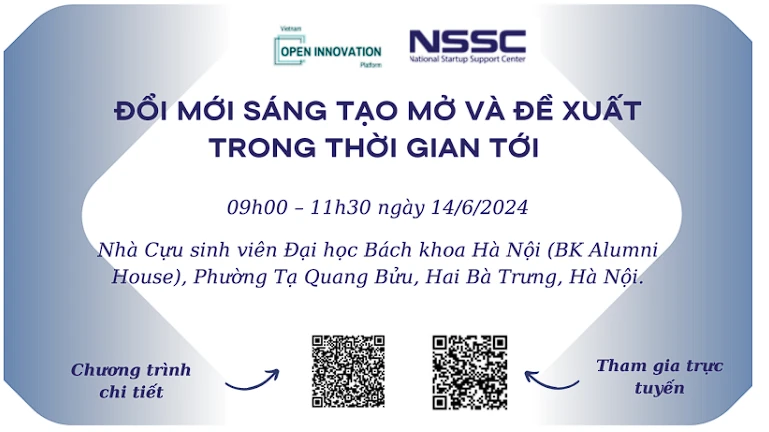Launching the Innovation Training Program
On the morning of March 6, 2024, the Quang Ninh Department of Science and Technology (DOST), in collaboration with the National Startup Support Center (NSSC) and coordinated by the United Nations Development Programme (UNDP) Vietnam through the Plastic Waste Pollution Reduction Innovation Challenge Program, launched the training course “Enhancing Innovation Capacity in the Public Sector to Address Plastic Waste Pollution.” This important event took place in Ha Long City over two days, March 6–7, 2024.
Key Participants and Experts
The training course was attended by representatives from UNDP Vietnam, experts from the Climate Change and Environment Unit (CCEU), and the Accelerator Lab (Acclab). Mr. Tu Minh Hieu, Deputy Head of the Innovation Startup Department at the Market Development and Science and Technology Enterprises Department (Ministry of Science and Technology), represented NSSC.
From Quang Ninh DOST, Deputy Director Pham Hong Thai participated, along with representatives from various departments, provincial agencies, state-owned enterprises, startup support organizations, and other local entities.
Objectives of the Training
The main goal of the training was to raise awareness and knowledge about the critical issue of plastic waste pollution. Participants were provided with updated tools and methodologies aimed at fostering innovation among public sector officials. The training aimed to unlock and scale up effective and feasible solutions to combat plastic waste pollution systematically and sustainably.
The Plastic Waste Challenge in Quang Ninh
Plastic waste pollution remains a significant environmental challenge in Vietnam. Specifically, Quang Ninh province generates around 67,500 tons of waste annually, which accounts for approximately 13.5% of total household waste. Only about 34–48 tons per day (12,400–17,500 tons annually), representing 26% of total household waste generated, is effectively collected and recycled. Addressing this issue requires systematic interventions through state policy planning and action-oriented initiatives involving both formal and informal sectors.
Sharing Successful Innovation Models
During the training, participants discussed and analyzed successful innovation and startup models supported by UNDP Vietnam in Quang Ninh. These discussions aimed at equipping participants with the ability to systematically evaluate and propose practical solutions, considering technological feasibility, user convenience, effectiveness, and the potential to implement circular economy practices focused on environmental protection and sustainable development.
The EPPIC Project: A Sustainable Future
The training is part of the broader “Ending Plastic Pollution Innovation Challenge” (EPPIC) project initiated by UNDP, supported by the Norwegian Ministry of Foreign Affairs and the Norwegian Agency for Development Cooperation (Norad). EPPIC aims to identify innovative solutions for plastic waste reduction in ASEAN countries and enhance public sector capabilities in accelerating effective and sustainable plastic waste management practices.


